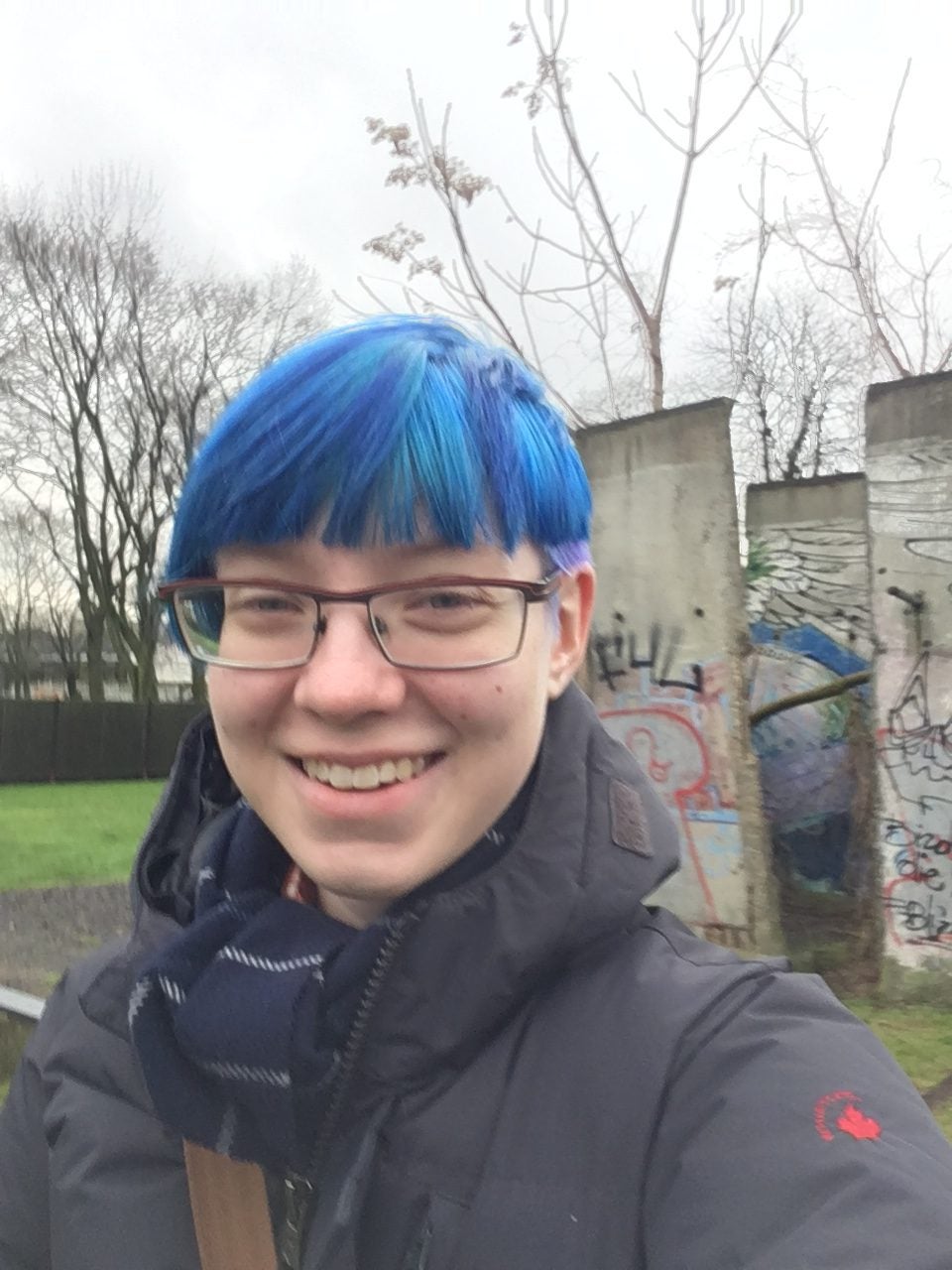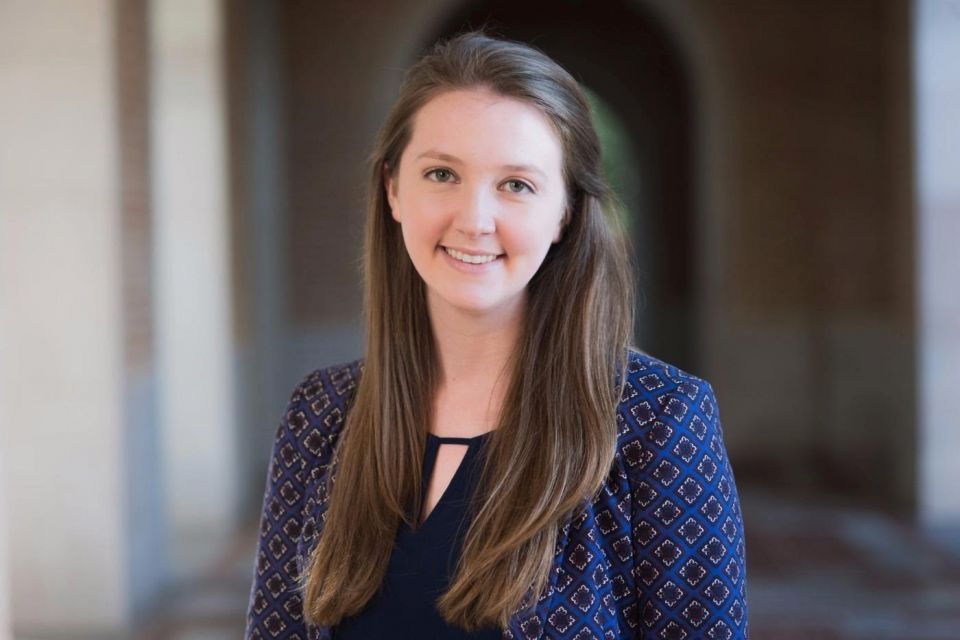Stanford PhD students Alex Ferris and Sarah Hooper are the recipients of this year’s Global Health and Development Fellowship, awarded annually by the Fannie and John Hertz Foundation. Through the program, Ferris and Hooper are spending the summer interning with the Bill and Melinda Gates Foundation to improve health and development outcomes globally.

Alex Ferris (Image credit: Courtesy Alex Ferris)
Hertz Fellows spend two summers over the course of their doctoral studies interning with the Gates Foundation in Seattle. The program provides a platform for them to apply their expertise to a variety of fields related to science.
This summer, Ferris is developing a field-level model of cassava brown streak disease, which is spreading from East to West Africa, causing massive crop loss. “Using this new model, we are able to compare different management strategies for dealing with the disease and hopefully we can provide some recommendations about which combination of interventions are useful in different locations,” said Ferris.
A native of Raleigh, North Carolina, Ferris earned an undergraduate degree at Wellesley College and has conducted research at the Massachusetts Institute of Technology. At Stanford, Ferris is pursuing a PhD in bioengineering, focusing on how plants create specific natural products and how to engineer these pathways in different plant species.
“After graduation, I want to work in industry, and working at Gates has been a great opportunity to see how academic research can be implemented to help solve real-world problems,” said Ferris.
Hooper, an electrical engineering doctoral student, is bringing her technical expertise to the Gates Foundation, where she is developing medical devices used to understand and treat malaria. “These noninvasive tools may be able to meet needs in care that current diagnostics do not, so I am working to understand and develop these use cases more fully,” she said.

Sarah Hooper (Image credit: Courtesy Sarah Hooper)
Hooper completed her undergraduate coursework at Rice University, where she helped create low-cost medical devices that combat neonatal hypothermia. Since coming to Stanford last fall, much of her research has focused on applying machine-learning applications and signal processing to improve domestic and global health outcomes, work she is now applying to her summer internship.
“I have enjoyed learning how the academic research piece fits into the much larger picture that involves many systems working together to improve global health,” said Hooper.
The Hertz Foundation is a nonprofit organization that supports scientific research and innovation. Every year, it partners with the Gates Foundation to award Global Health and Development Fellowships to students in science, engineering and math.